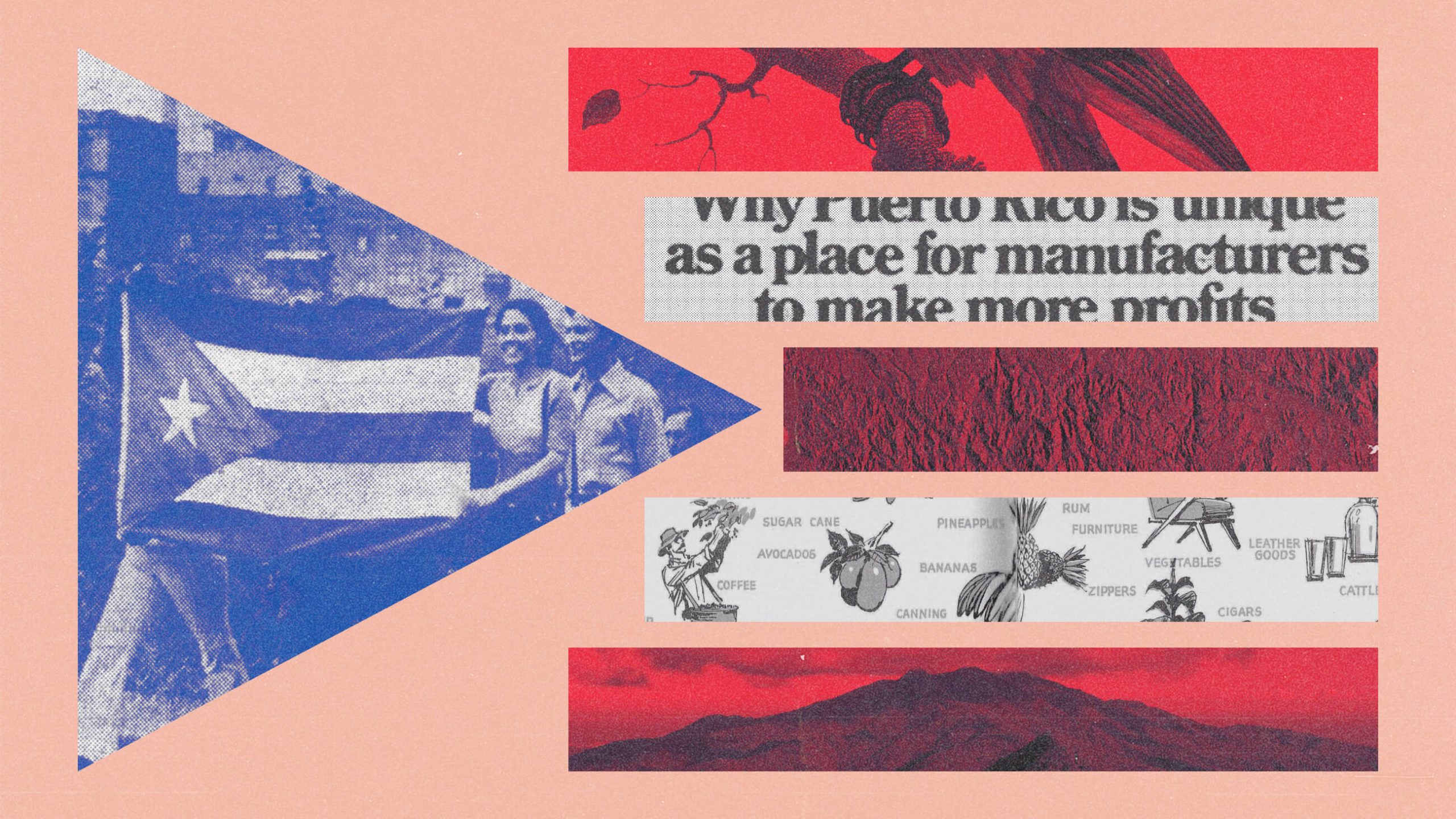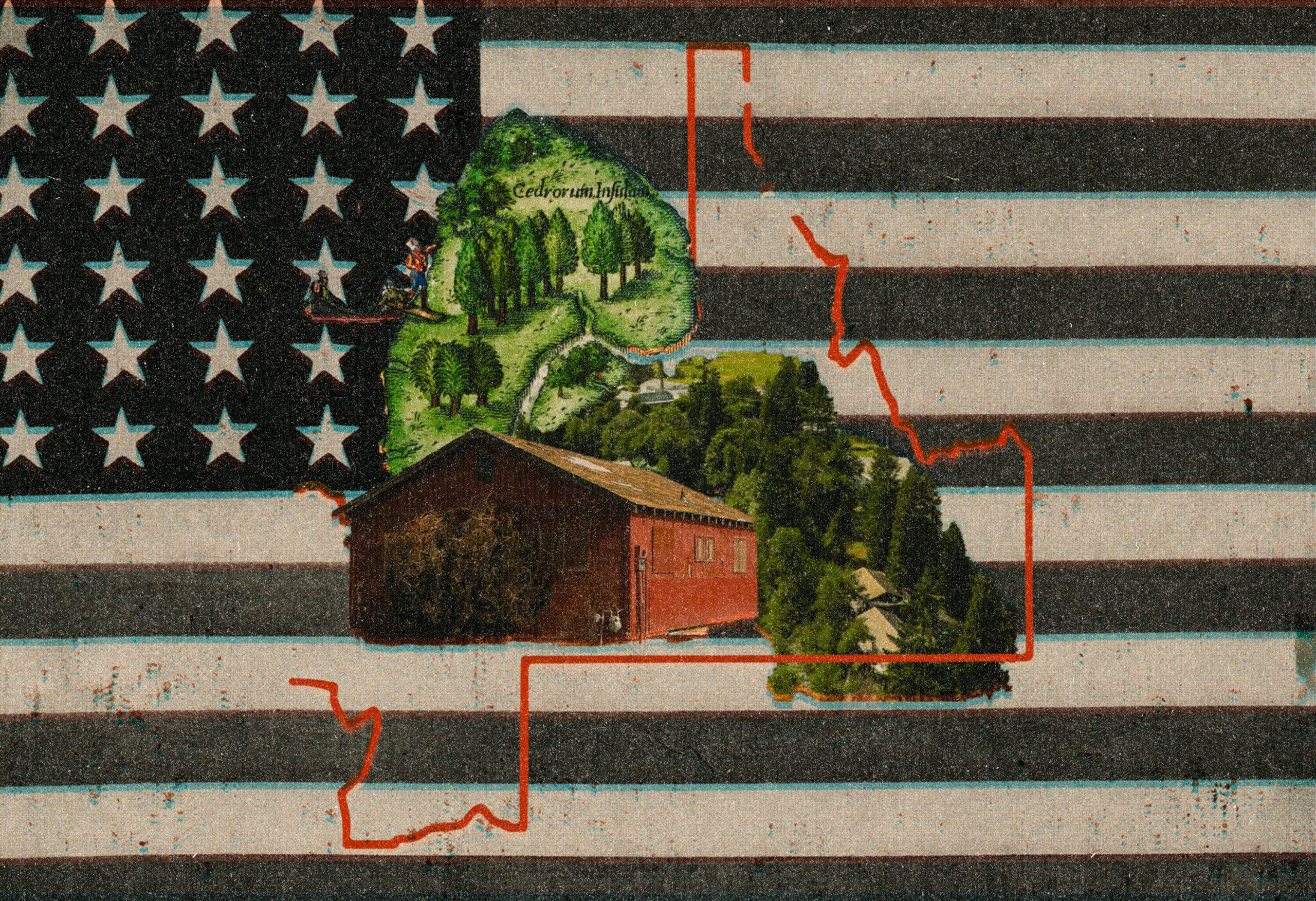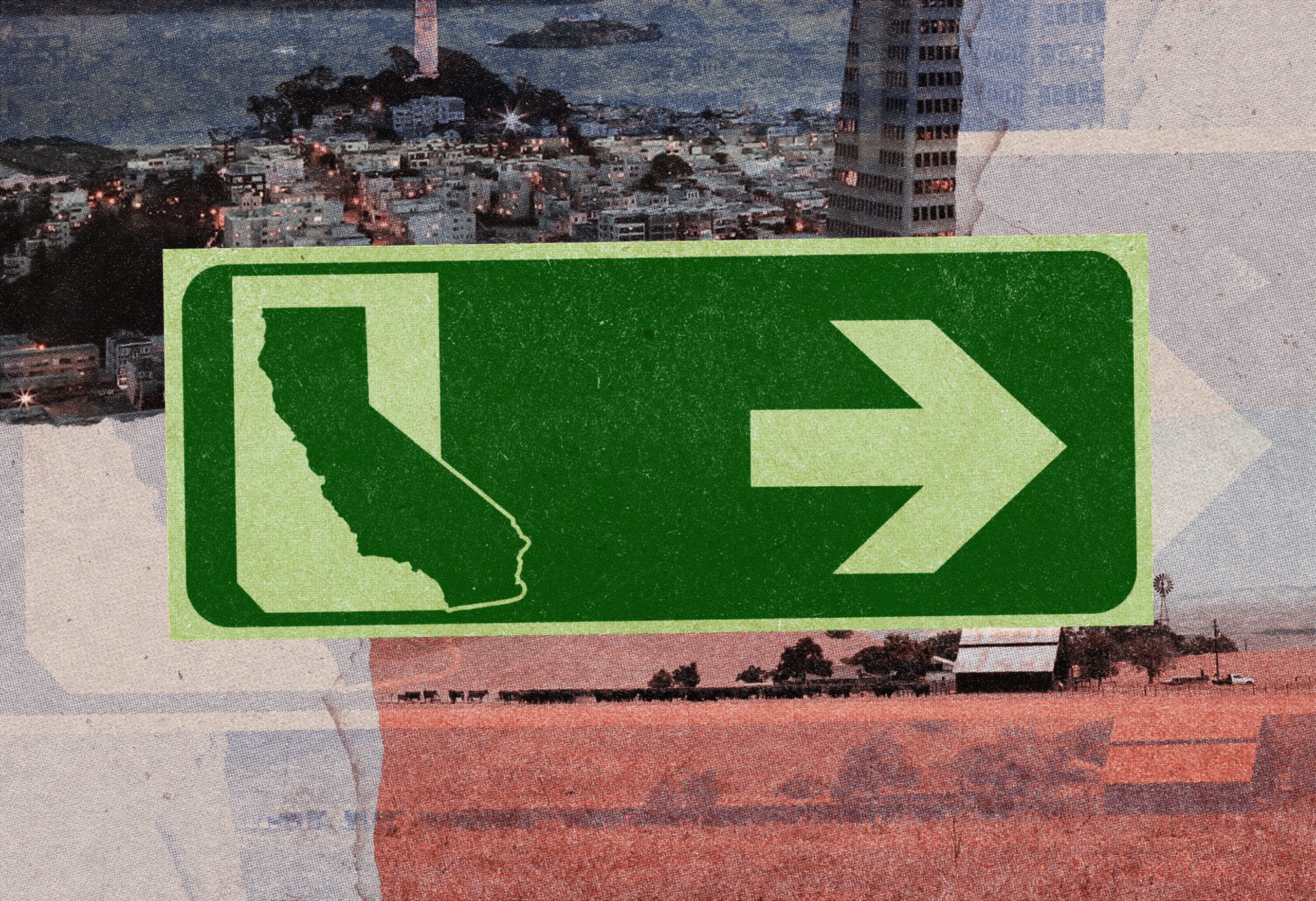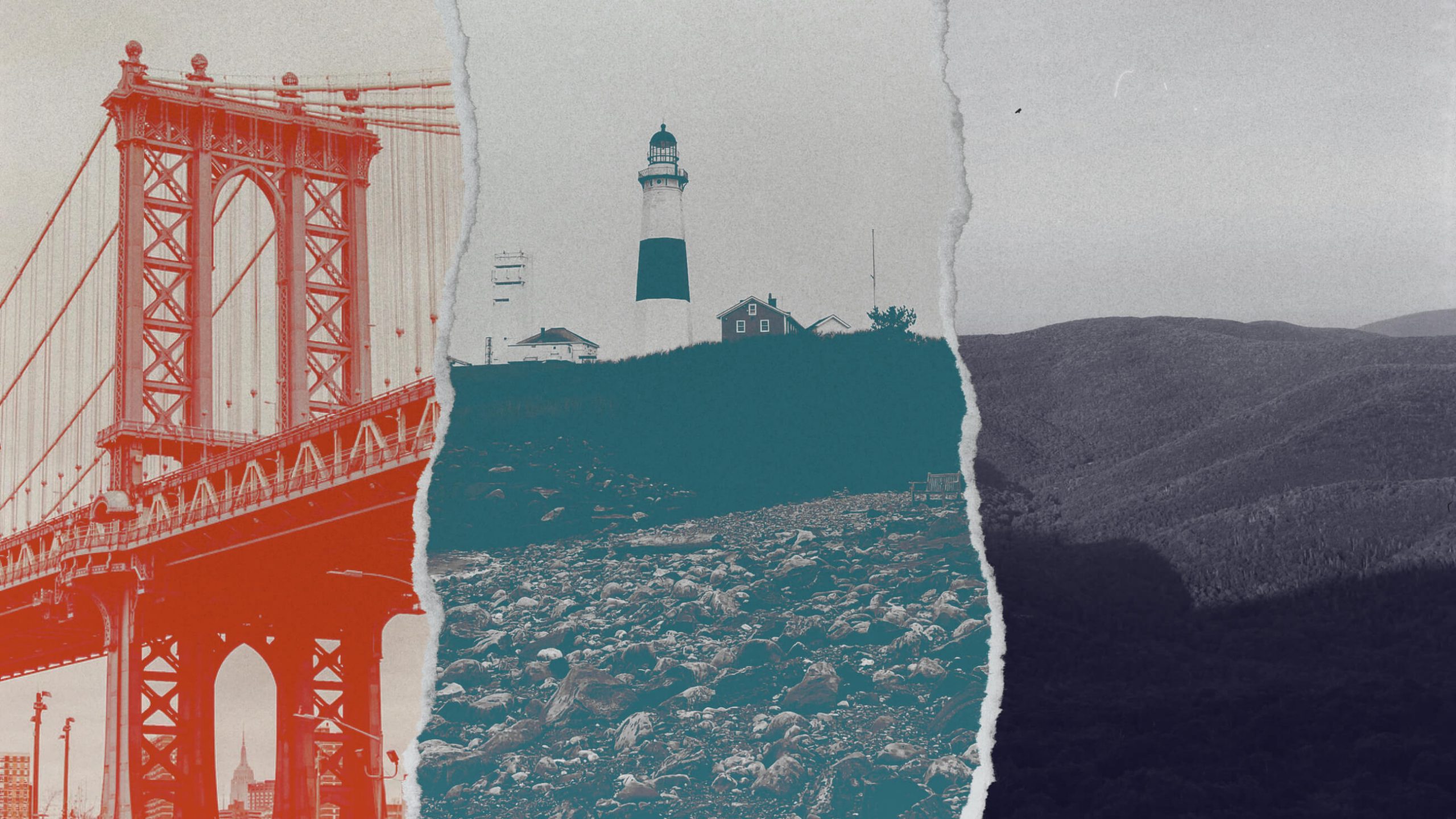A movement grows to upsize the Gem State.
Seeing Past Statehood

A Better future for Puerto Rico—and America—awaits.
Arizona entered the union as the 48th state on Valentine’s Day, 1912, which completed the American jigsaw puzzle that spans the continent. Almost 50 years later, in 1959, Congress admitted Alaska and Hawaii as the final two states. And as when the Apostle John wrote the Book of Revelation from the Isle of Patmos, the canon was closed. The union was complete.
Now Democrats are champing at the bit to replay the 1850s and have a fight over admitting two more states to the union. Democrats wrap themselves in the lofty-sounding rhetoric of liberalism when talking about statehood for the District of Columbia and Puerto Rico, but they are motivated by the same destructive political calculus of the antebellum era: admit the territories as states that will give you control of the senate so that you can dominate your political enemies. It’s a high-stakes gambit that didn’t end well last time.
The reasons why this is a bad idea have been covered elsewhere, but the main ones include: the status of District of Columbia was defined in Article I of the Constitution, and the reasoning used by the founders remains sound; giving Democrats a lock on four more senate seats is anathema to Republicans and will engender a bitter, divisive fight ratcheting up the analogy between today and the 1850s; and there are other, better remedies, if one believes a remedy is required.
For example, if the citizens of D.C. want to claim “no taxation without representation” (as their license plates say) then we may say, fine, allow the population centers of the District to become part of an adjacent state (Maryland or Virginia) and thus gain the representation they claim motivates them, or continue with the status quo but permit full-time residents a reduced federal tax rate. We’ll find out what they really value, but neither solution requires the creation of a new state. I suspect there is a spectrum of views on this among the people. But what I also know is that if direct representation in Congress were a strong motivation for the people of D.C., they would have already moved a handful of blocks across the border into one of the neighboring states.
One of the most frustrating aspects of the Democrat push to create new states is that it’s backwards looking. They have no ideas for how to make America better—they just want to play the greatest hit from a bygone era, to get the last squeeze out of the lemon. That’s evidence of political and cultural decay.
While stopping a raw political power grab by Democrats that would produce negative consequences for all Americans should be sufficient motivation for Republicans to obstruct this cynical ploy, we should be motivated by a vision of a better future and present other bigger, smarter, bolder solutions that point the way forward not just for these two places but for the rest of the country. In that sense, Democrats have given us an opportunity.
The District was defined in the Constitution as a politically neutral ground to serve as the physical seat of the federal government. It should stay that way. But Puerto Rico has a chance to do something big and lead the rest of the country.
Puerto Rico already occupies a unique position which it could improve upon with some fresh thinking. For example, the income of residents is generally not subject to federal income or capital gains tax—just the 4% tax charged by the local government. This has made Puerto Rico a burgeoning hub for many Americans with businesses built around the blockchain, both cryptocurrencies specifically and decentralized finance (“DeFi”) more generally. Puerto Rico should lean into this future. With the visionary leadership of a Puerto Rican Lee Kuan Yew, the island could build on its unique advantages and become exceptionally prosperous, leading the way forward with new forms of governance that could be emulated by other states, cities, and potential charter cities.
While they could also seek independence which, as Jefferson noted in the Declaration of Independence, is their inalienable right, Puerto Rico should learn from the examples of Hong Kong, Singapore, or Dubai. These are some of the most competently governed places on the planet with some of the highest living standards. Each plays a unique role in its region that creates exceptional prosperity for their people and also provides benefits to their bigger neighbors that would be impossible if they did not have a measure of autonomy. Hong Kong’s status has changed, but think of the role it has played for China in the past as an island of freedom and innovation as well as a portal to the rest of the world. Dubai and Singapore play similar roles. Puerto Rico should start by seeking a new status that provides increased autonomy for its people and government while retaining the benefits and protection of being under the American umbrella.
Nevada’s governor proposed Innovation Zones this year that were a step in the right direction and could have made Nevada a leader. But in an act of supreme irony that demonstrated the need for innovation zones, they were rejected by the legislature, which elected to “study” them instead of creating them. Puerto Rico could do this much better and at scale. The existing nature of its relationship to the federal government puts them ahead of what Nevada considered.
The Democrats’ call for statehood is a siren song that Puerto Ricans would do well to reject. In fact, it’s worse. It’s a self-serving, manipulative, and parasitic move so that onshore Democrats can extract political benefit for themselves while limiting Puerto Rico’s upside. And there is real opportunity cost for the rest of the country too.
What might Arizona, California, Massachusetts, or Texas learn from Puerto Ricans if they were freed to experiment and innovate with a large degree of autonomy while still remaining within the American system? If Democrats have their way, we’ll never know. The combination of pathological risk aversion and a ruling class that is more interested in extraction than in growth are holding us back. We need to think bigger. We need to be bolder. We need to recapture our lost vitality.
All statehood represents for Puerto Rico and for the country is rearranging the furniture. There’s nothing new, nothing more, nothing better. We can do better. We must do better, and that requires wisdom, leadership, and courage. Giving Puerto Rico room to thrive would be a good start. And if we do that, others will follow—and we will be on the path to improving the lives of Americans and revitalizing the American way of life.
The American Mind presents a range of perspectives. Views are writers’ own and do not necessarily represent those of The Claremont Institute.
The American Mind is a publication of the Claremont Institute, a non-profit 501(c)(3) organization, dedicated to restoring the principles of the American Founding to their rightful, preeminent authority in our national life. Interested in supporting our work? Gifts to the Claremont Institute are tax-deductible.
State and Federal officials must give local governments room to breathe.
A political quake to break up California is just what residents could need.
It’s time to split the Empire State into three autonomous regions.




